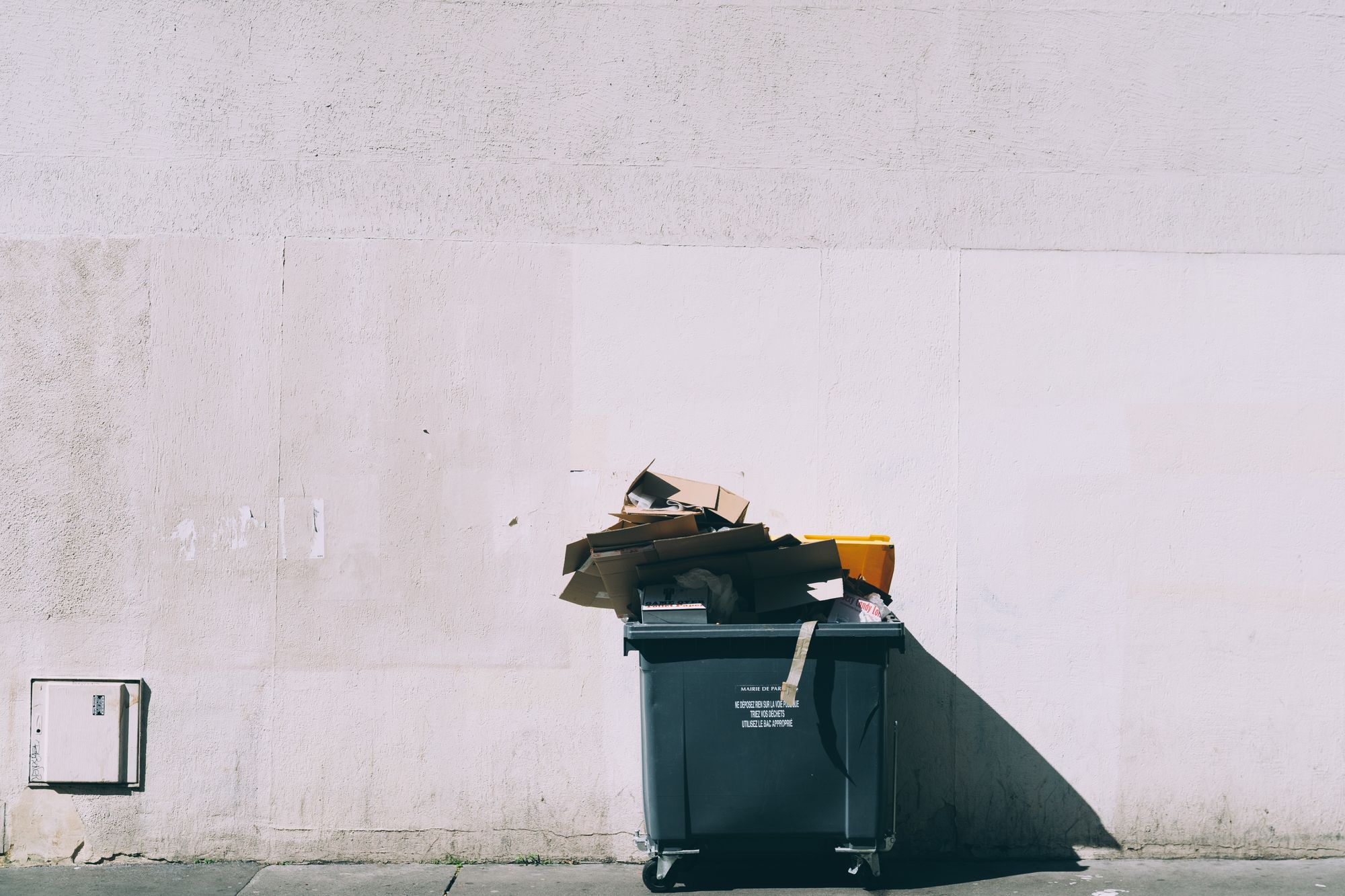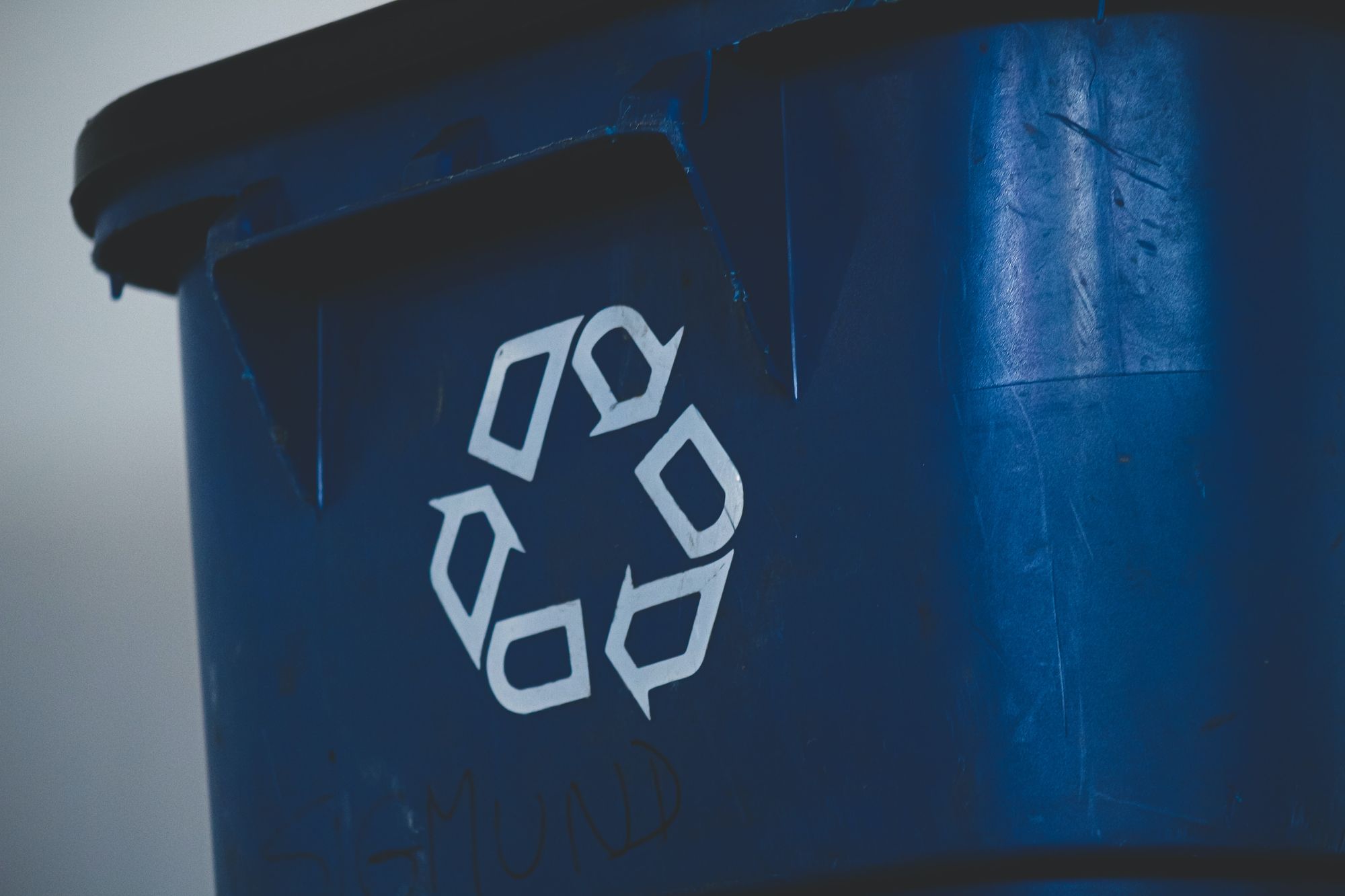
Everything You Need to Know About The US Green Guides
The Guides for the Use of Environmental Marketing Claims (known commonly as the “Green Guides”) is the set of guidelines established by the US Federal Trade Commission (the “FTC”) to help marketers avoid claims that are unfair or deceptive.
What are the Green Guides?
The Guides for the Use of Environmental Marketing Claims (known commonly as the “Green Guides”) is the set of guidelines established by the US Federal Trade Commission (the “FTC”) to help marketers avoid claims that are unfair or deceptive. First issued in 1992, the Green Guides have undergone a number of revisions over the years and are due for an update in 2023. They provide guidance on best practices that apply to all environmental marketing claims, as well as establishing standards for specific claims such as “recyclable” or “biodegradable.” The Green Guides also provide guidance on how consumers may interpret certain claims and how brands and marketers can substantiate these claims.
Best Practices for Brands and Marketers
The Green Guides set out the following best practices for brands and marketers that apply to all environmental marketing claims:
- Qualifications and disclosures should be clear, prominent, and understandable.
- Claims should specify whether they refer to the product, the product’s packaging, a service, or just to a portion of the product, package, or service.
- Claims should not overstate, directly or by implication, an environmental attribute or benefit.
- Comparative claims should be clear to avoid consumer confusion about the comparison.
As a general rule, marketers should not make broad, unqualified general environmental benefit claims like ‘green’ or ‘eco-friendly.’ In the FTC’s perspective, broad claims are difficult, if not impossible, to substantiate.
Standards for Specific Claims
The Green Guides also provide guidance on specific environmental claims, including when a claim might be considered deceptive, how to substantiate certain types of claims, and how to qualify claims.

Carbon Offsets
General Rule:
- Marketers should have competent and reliable scientific evidence to support carbon offset claims and should use appropriate accounting methods to ensure they measure emission reductions properly.
Certifications and Seals of Approval
General Rule:
- Marketers using seals or certifications that don’t convey the basis for the certification should identify, clearly and prominently, specific environmental benefits. Note, a marketer with a third-party certification still must substantiate all express and implied claims.
Compostable Claims
General Rule:
- Marketers need competent and reliable scientific evidence that all materials in the product or package will break down into compost in a timely manner.
- Marketers should qualify a compostable claim if the institutional facilities aren't available to a majority of consumers.
Degradable Claims
General Rule:
- Marketers may make an unqualified degradable claim only if they can prove that the entire product or package will completely break down and return to nature within a reasonably short period of time (one year) after customary disposal.

Free-Of Claims
General Rule:
Marketers can make a free-of claim for a product that contains some amount of a substance if:
- 1. the product doesn’t have more than trace amounts of the substance;
- 2. the amount of substance present doesn’t cause harm that consumers typically associate with the substance; and
- 3. the substance wasn’t added to the product intentionally. It may be deceptive to claim a product is “free of” a substance if it never has been associated with that product category.
Non-Toxic Claims
General Rule:
- Marketers need competent and reliable scientific evidence that the product is safe for both people and the environment to make a "non-toxic" claim.
Ozone-Safe and Ozone-Friendly Claims
General Rule:
- It is deceptive to misrepresent that a product is ozone-friendly or safe for the ozone layer or atmosphere.

Recyclable Claims
General Rule:
- Marketers should qualify recyclable claims when recycling facilities are not available to at least 60 percent of the consumers or communities where a product is sold. The lower the level of access to appropriate facilities, the more a marketer should emphasize the limited availability of recycling for the product.
If recycling facilities for a product are not available to at least 60 percent of consumers or communities, a marketer can state, “This product may not be recyclable in your area.”
Recycled Content Claims
General Rule:
- Marketers should make recycled content claims only for materials that have been recovered or diverted from the waste stream during the manufacturing process or after consumer use.
Marketers should qualify claims for products or packages made partly from recycled material – for example, “Made from 30% recycled material.”
Refillable Claims
General Rule:
- Marketers shouldn’t make unqualified refillable claims unless they provide a way to refill the package (for example, by providing a system to collect and refill the package or sell a product to refill the original package).

Renewable Energy Claims
General Rule:
- Marketers shouldn’t make unqualified renewable energy claims based on energy derived from fossil fuels unless they purchase renewable energy certificates to match the energy use.
- To avoid deception, claims may specify the source of renewable energy clearly and prominently (ie., ‘wind’ or ‘solar energy’).
Renewable Materials Claims
General Rule:
- Renewable materials claims should be qualified unless an item is made entirely with renewable materials, except for minor and incidental components.
- To avoid deception, claims may identify the material used and explain why it is renewable.
For example, “Our packaging is made from 100% bamboo, which grows at the same rate, or faster, than we use it.”
Source Reduction Claims
General Rule:
- Marketers should qualify a claim that a product or package is lower in weight, volume, or toxicity clearly and prominently to avoid deception about the amount of reduction and the basis for comparison.
For example, rather than saying the product generates “10 percent less waste,” the marketer could say the product generates “10 percent less waste than our previous product.”
Key Takeaways
- Marketers should qualify any claim made
ex: This made is made with 60% of recycled material
- Recyclable claims can only be made if recycling facilities for a product are not available to at least 60 % of consumers or communities, a marketer can state, “This product may not be recyclable in your area.”

